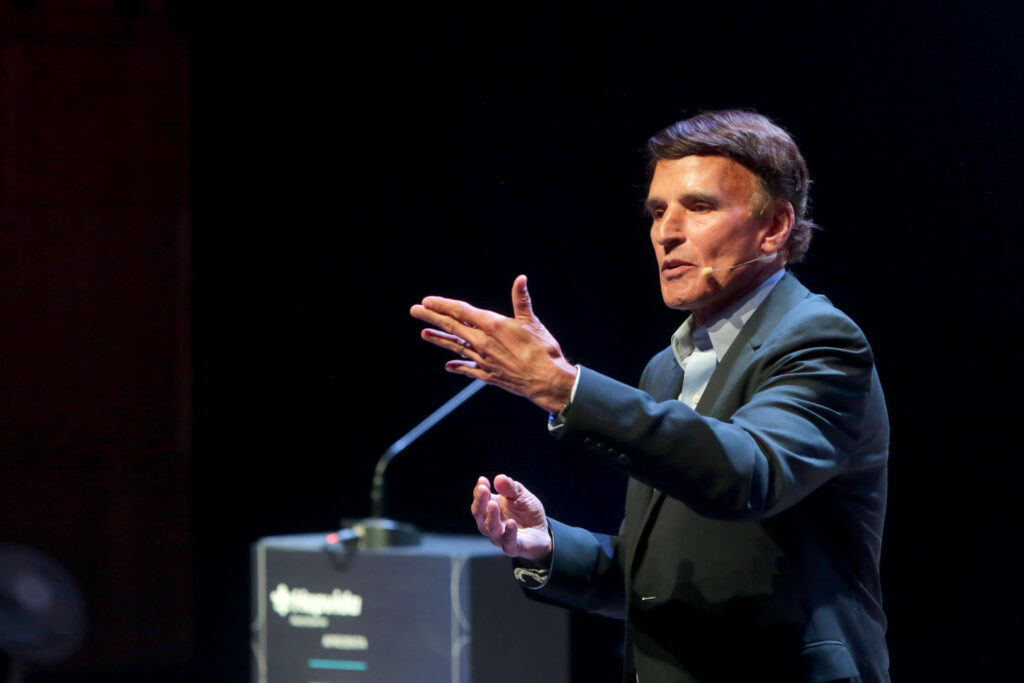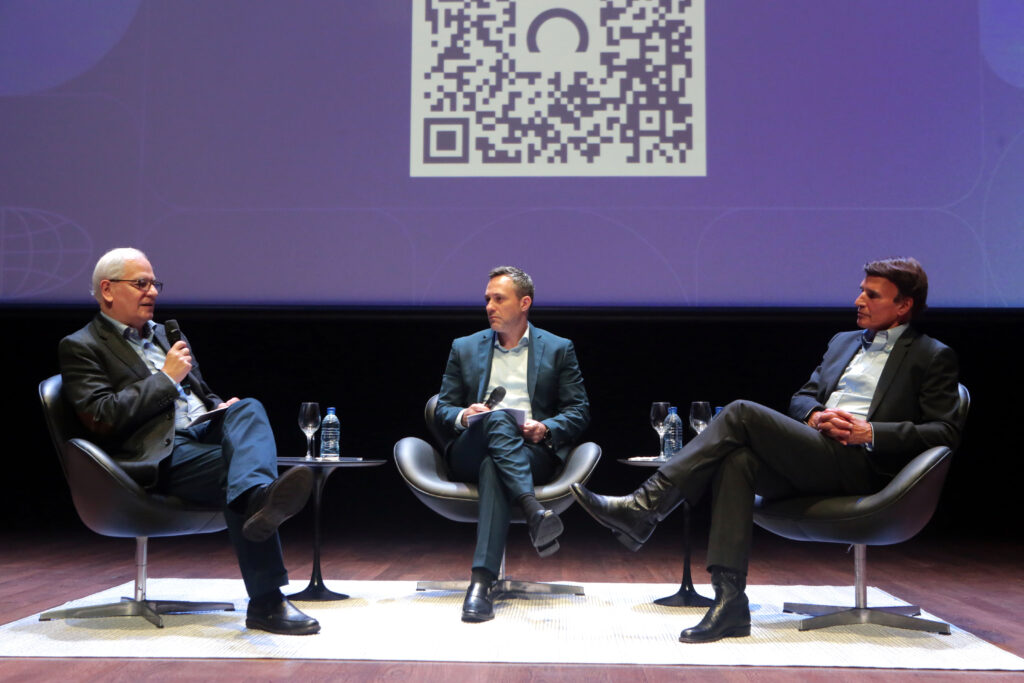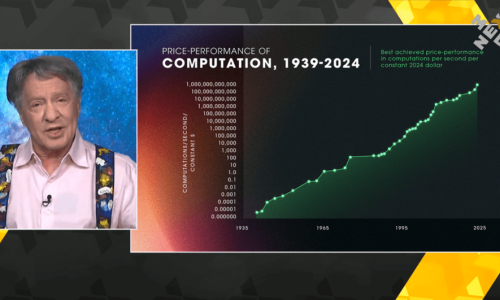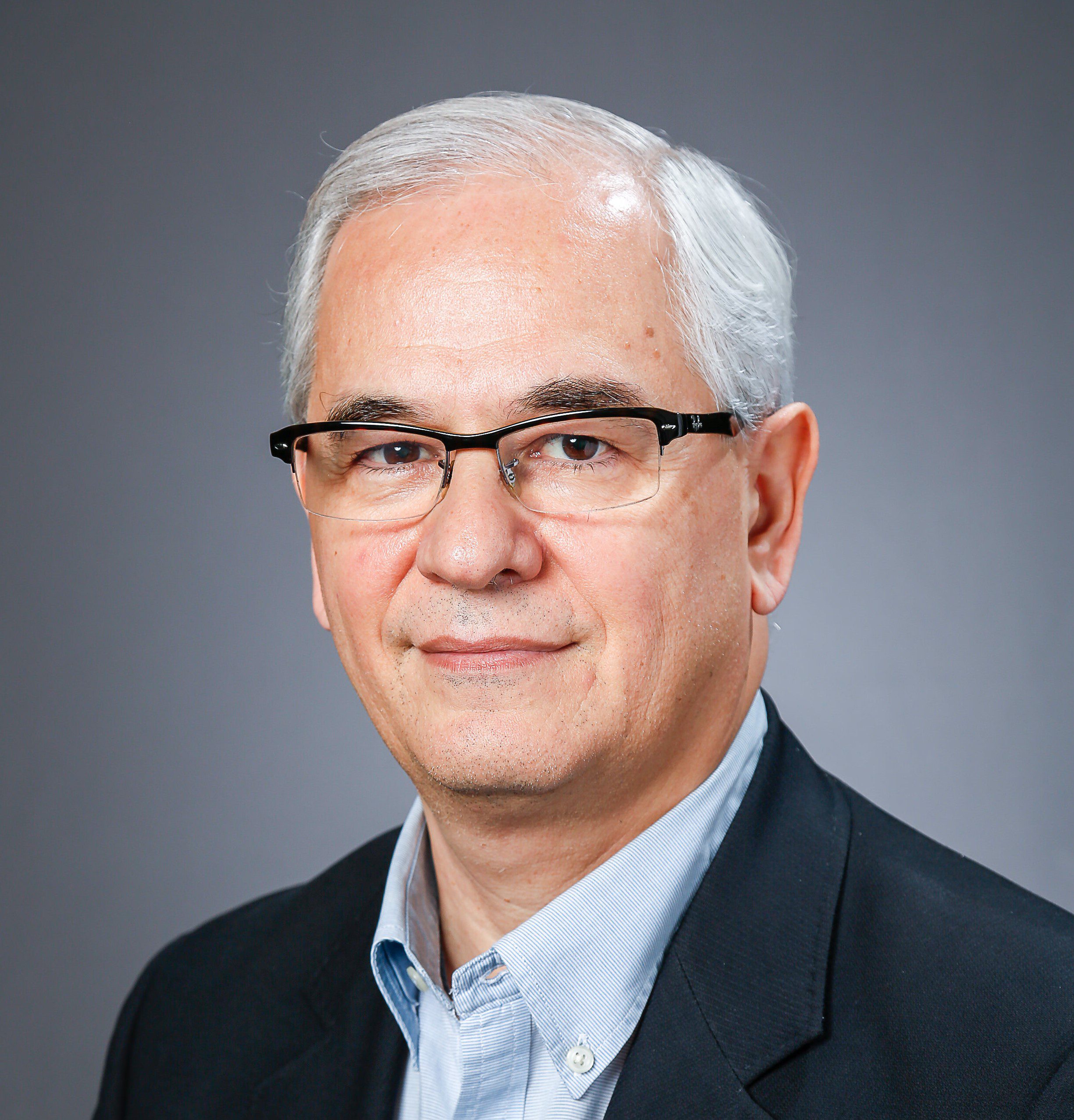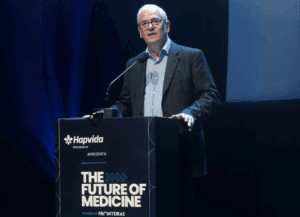The world of medicine is standing at the edge of a revolution—one driven not by new drugs or surgical techniques, but by something far more transformative: generative artificial intelligence (GenAI).
At the forefront of this conversation is Dr. Robert Pearl, former CEO Permanente Group (Kaiser-Permanente), Stanford professor, and one of the most respected voices in healthcare reform. In recent months, Dr. Pearl has shared powerful insights across talks, interviews, and publications – including a recent keynote at The Future of Medicine event in São Paulo, Brazil.
His message is clear: AI won’t replace doctors – it will empower them to become more human.
The Rise of GenAI in Healthcare
Dr. Pearl envisions a near-future where GenAI tools can:
- Monitor patients in real time through wearables and sensors
- Help identify early signs of disease and suggest treatment adjustments
- Coordinate care among specialists
- Educate and support patients directly and with empathy.
Looking further ahead, Artificial General Intelligence (AGI)—AI with human-level reasoning—could become a powerful ally in tackling chronic conditions like diabetes, hypertension, and heart failure, which currently account for an overwhelming share of global healthcare costs and deaths.
With a population of over 220 million spread across massive geographic and economic divides, Brazil presents a unique challenge—and opportunity. According to Dr. Pearl, GenAI could help bridge the healthcare gap between rich and poor, urban and rural, by making expertise scalable, accessible, and affordable.
“The home,” he says, “not the hospital or doctor’s office, will become the new centre of care.”
Dr. Pearl consistently emphasizes – technology alone won’t fix healthcare. To unlock AI’s full potential, we need:
- Value-based care models that reward better health outcomes—not just more procedures
- Team-based medical practice where collaboration replaces fragmentation
- Ethical and visionary leadership that embraces innovation while safeguarding equity
- Modern regulation that balances safety with urgency, avoiding delays that cost lives
Drawing on his experience leading thousands of physicians at Kaiser Permanente, Dr. Pearl highlights how integrated systems, salaried doctors, and coordinated care produced the highest quality ratings in the U.S.—at lower costs. He believes GenAI can bring this kind of system to scale globally, especially in emerging economies where leapfrogging traditional infrastructure is possible.
Dr. Pearl does not view AI as science fiction, but as a call to action—for leaders, policymakers, doctors, and patients. With the right choices today, we can build a future where care is:
- More equitable
- More effective
- And more human
As he puts it, “Great potential only becomes reality when leaders are bold enough to rethink and redesign the systems that serve us.”
